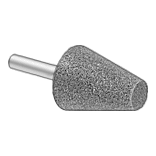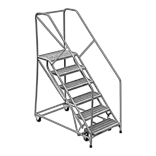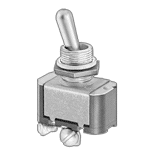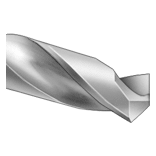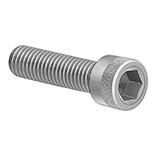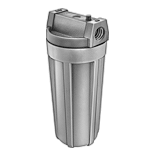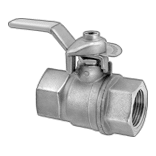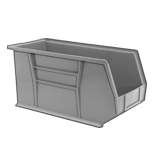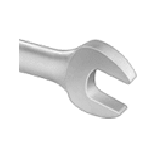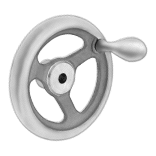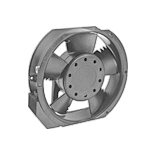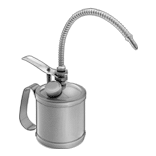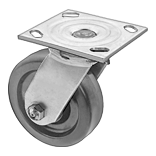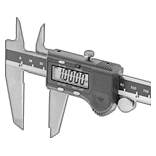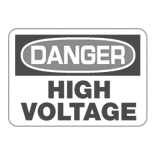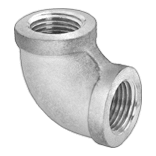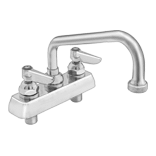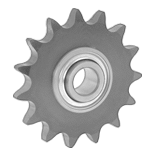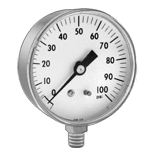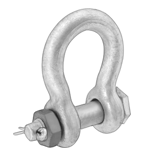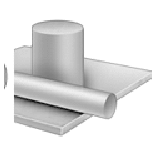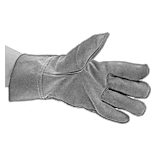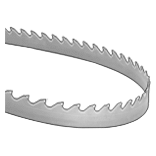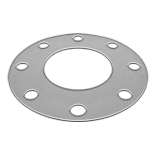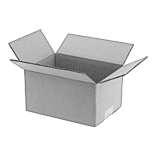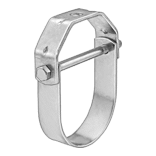Compare over 20 aluminum alloys to find the right material for you—all with material certificates for traceability.
Porous Mold-Quality Metapor Aluminum
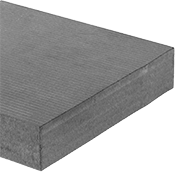
- Yield Strength: Not Rated
- Hardness: Shore D80 (Soft)
- Temper: Not Rated
- Fabrication: Cast
Create molds for vacuum-forming and thermoforming applications. Metapor aluminum is porous to let air and moisture escape, which prevents bubbles and blemishes. These sheets must be milled to expose the pores; average pore diameter is 0.0006” with a total porosity of 15%.
For technical drawings and 3-D models, click on a part number.
Lightweight Aluminum Foam


- Yield Strength: See table
- Hardness: Not Rated
- Fabrication: Cast
- Specifications Met: ASTM B557, ASTM E9
Air is injected into the casting of this aluminum to reduce weight and create a crater-like appearance. These foam sheets are often used for sound insulation and architectural facades. Carbide- or diamond-tipped blades are required for machining. Diamond-tipped blades will cut this material more easily and not wear down as quickly as carbide-tipped blades.
Small-cell foam is highly dense and stiff, so it’s ideal for building high-performance acoustic panels and sturdy decorative elements with a fine, detailed texture. It’s one-sixth the weight of solid aluminum.
Large-cell foam is lightweight due to its low density. It’s one-third the weight of small-cell foam and about 5% the weight of solid aluminum. Since it allows some light through, you can use it to build architectural light diffusers. This foam has the appearance of an aluminum sponge.
For technical drawings and 3-D models, click on a part number.
